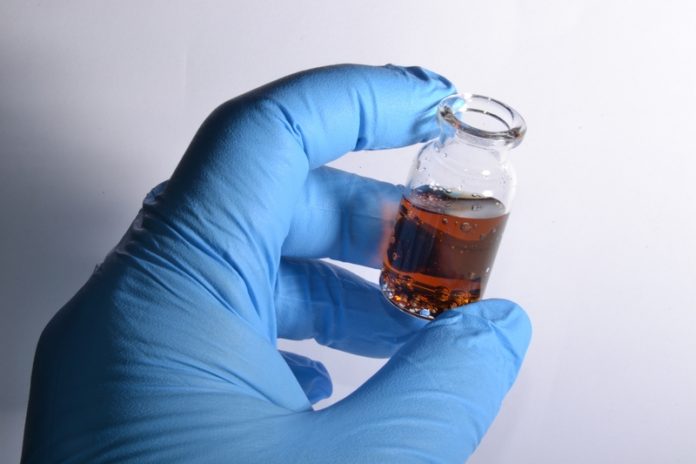A group of experts at the Society of Environmental Toxicology and Chemistry-Europe shed light on the environmental risk assessment of chemicals
Depending on the regulatory context, chemicals including pharmaceuticals, pesticides, biocides, metals but also any other substance that may be released into the environment, are assessed for their potential risks for the environment. This environmental risk assessment involves the estimation or measurement of environmental concentrations of the individual chemical, which may be done for each relevant environmental compartment.
The risk is then assessed by comparing these estimated or measured environmental concentrations, with the concentrations that are considered to cause no effects in organisms or functions of the respective environmental compartment. Environmental toxicology supports risk assessment by informing about exposure concentrations inducing adverse effects at different biological levels.
The Ecosystem
These effects may be determined at the ecosystem level (in situ or field studies), community, population, individual, cellular or molecular level, based on the regulatory context or problem formulation. Thus, it englobes ecotoxicology that describes the study of effects in organisms and functions used in an environmental risk assessment. The risk assessment is a tiered approach which requires refinements at both the environmental fate and effect sides but it starts with rather simple models and standard tests in the laboratory.
Identifying suitable test species, relevant measurement endpoints and test designs, requires the involvement of different scientific skills and stakeholders. Academics can provide information about environmental chemistry, ecologically relevant species and measurement endpoints as well as their handling. Governmental scientists and regulators inform about the need for a certain test guideline and its acceptance in a regulatory context. Industry scientists implement those guidelines routinely, give feedback from others on the practical feasibility and learn from the data generated in the long term.
By following its credo “Environmental Quality Through Science” ©, the Society of Environmental Toxicology and Chemistry (SETAC) provides a unique platform fostering this exchange. SETAC is the world largest professional non-for-profit organisation bringing together experts from all the three sectors – this tripartite principle is reflected throughout all parts of SETAC.
The Society’s members are dedicated to the study, analysis and solution of environmental problems, the management and regulation of natural resources, research and development, and environmental education. SETAC is divided into five geographic units: Africa, Asia-Pacific, Europe, Latin America and North America. Each of them harbors various regional branches or chapters.
The annual or bi-annual meetings of each geographic unit became a focal point of exchange regarding specific and local, but also general and global environmental problems. Questions, challenges and tasks are often discussed in further detail in SETAC’s over 30 “special interest groups” focusing on topics such as nanotechnology or sustainability.
Based on the input of these special interest groups or SETAC members, workshops are regularly organised to tackle current aspects of environmental concern and to develop the environmental risk assessment of chemicals. As a consequence of these efforts, in combination with the tripartite paradigm, the workshop recommendation (published via various outlets, including books and scientific articles) are often accepted among the three sectors.
Anne Alix
Dow AgroSciences, UK
Mirco Bundschuh
Department of Aquatic Sciences and Assessment, Swedish University of
Agricultural Sciences, Sweden & Institute for Environmental Sciences,
University of Koblenz-Landau, Landau Campus, Germany
Karel De Schamphelaere
Ghent University – Environmental Toxicology unit (GhEnToxLab), Belgium
José Julio Ortega-Calvo
Instituto de recursos Naturales y Agrobiologia de Sevilla,
Consejo Superior de Investigaciones Científicas, Spain
Society of Environmental Toxicology and Chemistry-Europe
Tel: +32 2 772 72 81











